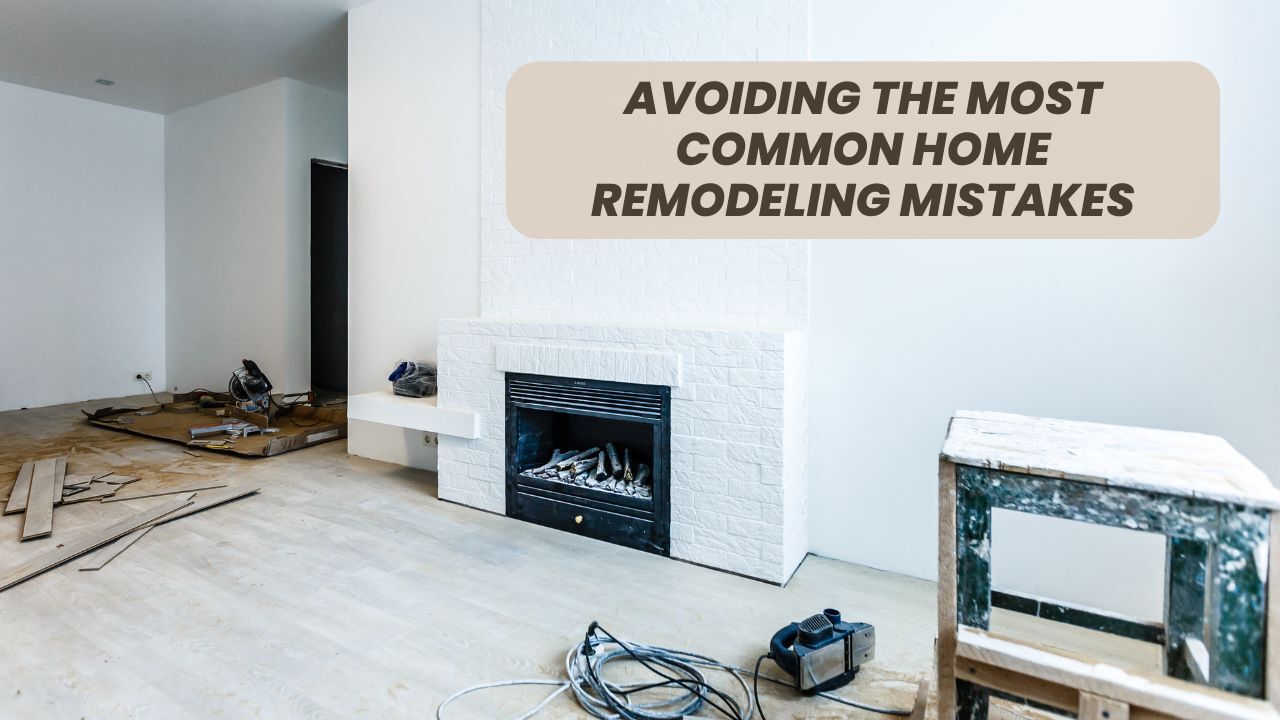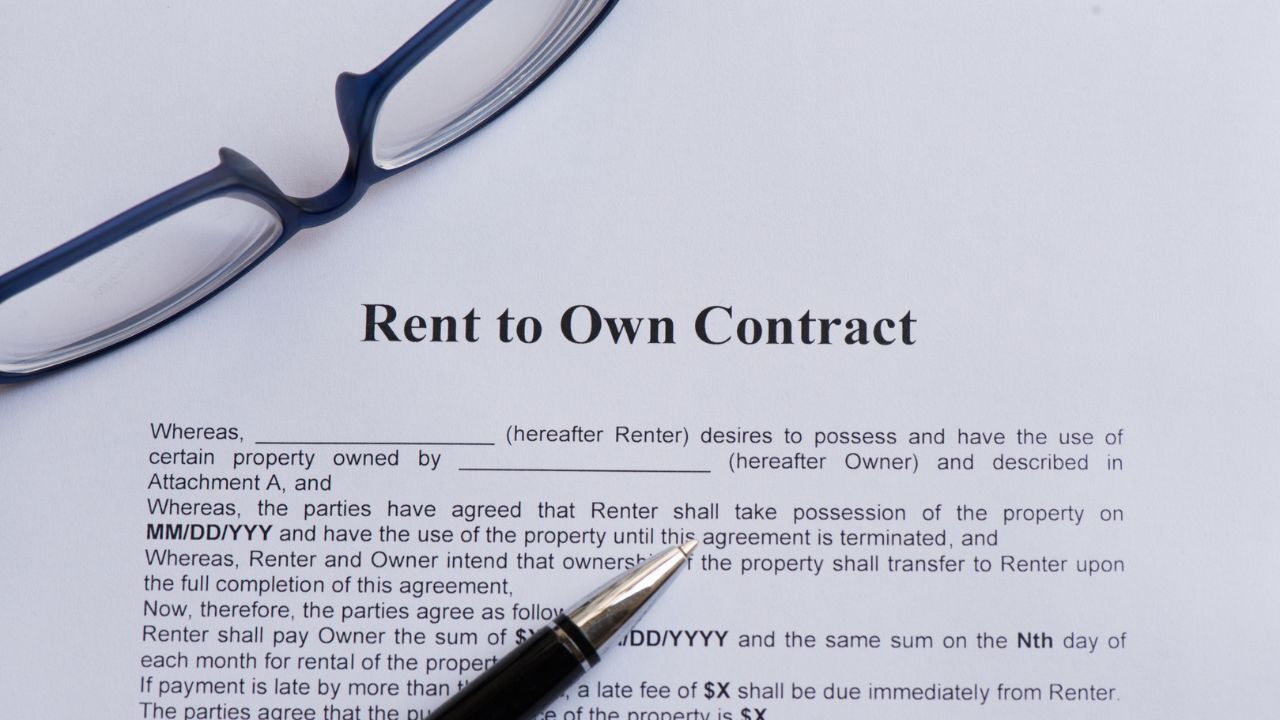 Remodeling your home can be exciting, but it can also lead to frustration if you run into unexpected problems. Many homeowners make the same mistakes when they start renovation projects, which can lead to delays, extra costs, and disappointing results. With a little planning and the right guidance, you can avoid these common issues and enjoy a smooth and successful remodel.
Remodeling your home can be exciting, but it can also lead to frustration if you run into unexpected problems. Many homeowners make the same mistakes when they start renovation projects, which can lead to delays, extra costs, and disappointing results. With a little planning and the right guidance, you can avoid these common issues and enjoy a smooth and successful remodel.
Lack of a Clear Plan
One of the biggest mistakes is starting a project without a solid plan. A detailed plan helps you understand your budget, timeline, materials, and overall goals. Without this clarity, you may face last-minute changes or spend more than expected. Taking the time to plan your project saves you stress and keeps your remodel on track.
Ignoring the Budget
Another common issue is overlooking the true cost of a remodel. Even small projects can add up quickly. It is important to set a realistic budget and include a cushion for surprises. Prices for materials, labor, and permits can shift, so having room in your budget gives you flexibility when something unexpected comes up.
Choosing the Wrong Contractor
Hiring the right professional makes a major difference in the success of your project. Some homeowners choose a contractor based only on price, but the lowest price does not always provide the best results. Look for someone with strong reviews, proper licensing, and clear communication. A trustworthy contractor helps prevent costly mistakes and keeps your project running smoothly.
Skipping Necessary Permits
Permits may feel like an extra step, but they protect you and your home. Skipping required permits can result in fines, delays, or problems when you try to sell your home. Each city and county has specific rules about what needs approval, and a good contractor can guide you through the process.
Choosing Trends Over Timeless Design
Trendy styles can be fun, but they may not stay in style for long. If you plan to sell your home in the future, it is usually smarter to choose timeless colors and materials. You can still add personality with decor and accessories, while keeping your main design elements classic and appealing.
Not Preparing for Disruption
Every remodel brings some level of noise, dust, and inconvenience. Homeowners often underestimate how much their daily routines will be affected. Preparing in advance helps reduce frustration. This may include creating a temporary kitchen space, planning alternate living arrangements, or setting clear expectations with your contractor.
A Smooth Remodel Starts with Smart Planning
By understanding and avoiding these common mistakes, you give yourself a better chance at a successful project. With the right plan, team, and expectations, your remodel can transform your home and increase its long-term value.
 Selling a home through a rent-to-own agreement can create a flexible path for both sellers and future buyers. This arrangement allows a tenant to live in the home while preparing to purchase it later, giving the seller steady income and a committed future buyer.
Selling a home through a rent-to-own agreement can create a flexible path for both sellers and future buyers. This arrangement allows a tenant to live in the home while preparing to purchase it later, giving the seller steady income and a committed future buyer. Home renovations can be exciting, but not every project adds the same return on investment. Whether you are planning to sell soon or simply want to boost your property’s value, understanding which upgrades offer the best payoff helps you make smart decisions. Strategic improvements can make your home more appealing to buyers and increase its long-term value.
Home renovations can be exciting, but not every project adds the same return on investment. Whether you are planning to sell soon or simply want to boost your property’s value, understanding which upgrades offer the best payoff helps you make smart decisions. Strategic improvements can make your home more appealing to buyers and increase its long-term value. Buying a home is one of the biggest financial moves you will ever make, and while it can feel overwhelming, approaching it the way a real estate professional does makes the process smoother and more strategic. With the right preparation and mindset, you can shop confidently and make smart decisions from start to finish.
Buying a home is one of the biggest financial moves you will ever make, and while it can feel overwhelming, approaching it the way a real estate professional does makes the process smoother and more strategic. With the right preparation and mindset, you can shop confidently and make smart decisions from start to finish. For many homewners, pets are not just animals, they are cherished family members. As a result, more buyers are prioritizing pet needs when searching for their next home. Whether it is a fenced backyard for a playful puppy or a neighborhood that welcomes animals, pet-centered home buying has become one of the most important trends in real estate.
For many homewners, pets are not just animals, they are cherished family members. As a result, more buyers are prioritizing pet needs when searching for their next home. Whether it is a fenced backyard for a playful puppy or a neighborhood that welcomes animals, pet-centered home buying has become one of the most important trends in real estate. In a competitive real estate market, buyers often hear about waiving contingencies to make their offer more attractive. While this strategy can help secure a home in high-demand areas, it also comes with risks that should be carefully considered before deciding.
In a competitive real estate market, buyers often hear about waiving contingencies to make their offer more attractive. While this strategy can help secure a home in high-demand areas, it also comes with risks that should be carefully considered before deciding.